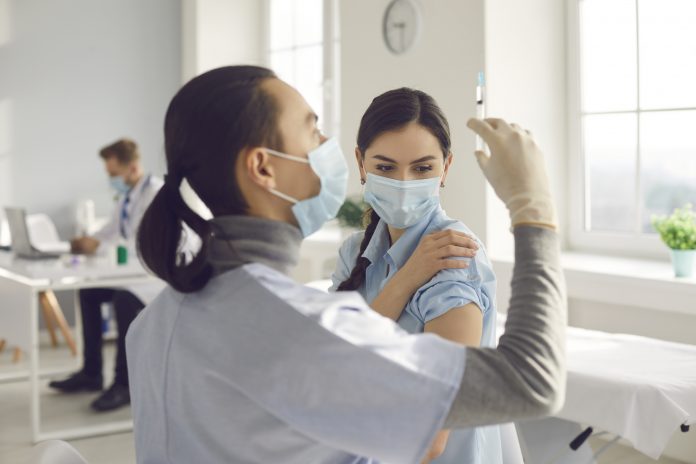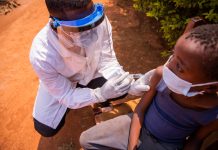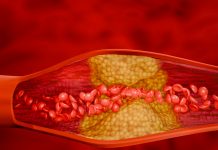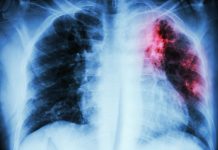According to the OCTAVE study, immunocompromised patients presented low immune responses after two doses of the same COVID-19 vaccine
According to data from the ongoing OCTAVE trial, led by the University of Glasgow and coordinated by the University of Birmingham’s Cancer Research UK Clinical Trials Unit, patients with certain immunocompromised or immunosuppressed conditions show a low, or undetectable, immune response after two doses of the same COVID-19 vaccine.
Patients involved in the study include those with immune-mediated inflammatory diseases such as cancer, inflammatory arthritis and diseases of the kidney or liver, as well as those who are having a stem cell transplant.
Blood samples were taken before and/or after a COVID-19 vaccination in around 600 people.
The early data shows a low serological immune response in 40% of the participants and approximately 11% of immunocompromised patients fail to generate any antibodies four weeks after two vaccine doses.
The proportion of patients with lower levels of antibody reactivity was dependent on the disease:
- 87% of those with Rituximab treated ANCA-associated vasculitis
- 51% of those with inflammatory arthritis
- 29% of those on haemodialysis
- 42% of those on haemodialysis receiving immunosuppressive therapy
- 36% of those with hepatic disease
- 10% of those with solid cancer
- 33% of those with haematological malignancies
- 17% of patients who have undergone haemopoietic stem cell transplant.
Prof Iain McInnes, from the University of Glasgow and lead of the OCTAVE trial, said: “The roll-out of the vaccine programme was extremely important for these vulnerable groups of patients, however, due to their underlying medical conditions and treatments, which can weaken their immune systems, we were concerned that people with these medical conditions may not receive optimal protection, so it was, and remains, extremely important to investigate this unanswered question.
“While 40% of these clinically at-risk patent groups were found to have a low or undetectable immune response after a double dose of the vaccine, we are encouraged that this figure isn’t higher.
“However, it is possible even partial protection may be clinically beneficial, and this is something we will closely monitor.
“There are also imminent plans in place to investigate the effects of administrating an alternate vaccine dose to the group with an undetectable or low vaccine immune response; and we hope these findings will support the role out of an immunological screening programme for vulnerable patients to identify those who will benefit from a subsequent vaccine boost.
“We would continue to encourage all people and especially those patients within these clinically at-risk groups to make sure they receive their vaccine doses if they haven’t done so already.”
Professor Pam Kearns from the University of Birmingham said: “A significant number of people in the UK were advised to shield because they have conditions or long term illnesses which place them at greater risk of severe illness and death from COVID-19.
“The rapid development of vaccines for COVID-19 has been a major step forward in the battle against this global pandemic, and the most clinically at-risk people were among the first in the UK to be offered one.
“However, while we know COVID-19 vaccines are highly effective in healthy individuals, questions have remained as to how effective they are in protecting the chronically ill.
“These preliminary results of OCTAVE and the results of our continuing and forthcoming research will be instrumental in helping inform how best to vaccinate patients with chronic conditions and protect them from COVID-19 infection in the future.”
Dr Rob Buckle, Chief Scientist of the Medical Research Council, part of UKRI, which co-funded the trial, said: “Today’s results will be of concern for the subset of people within those who are immunosuppressed for whom the vaccine didn’t trigger a large protective response.
“We’re funding an extension to the OCTAVE study to give third jabs to this group, which we hope will deliver a much-needed immunity boost, or identify those who could benefit from other interventions.
“One of the real strengths of the UK’s scientific response to the pandemic has been the way that we’ve assembled teams of experts to lead cutting-edge and responsive studies like this, to inform our vaccine roll-out and government decision-making in real time.”
OCTAVE is funded by UK Research and Innovation (UKRI).








